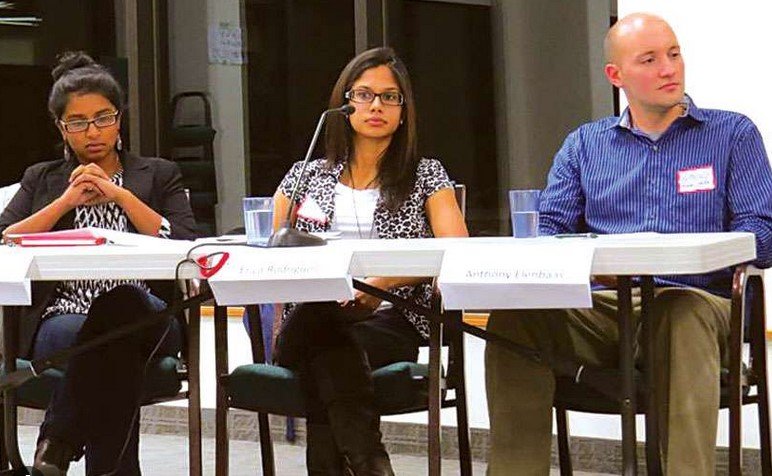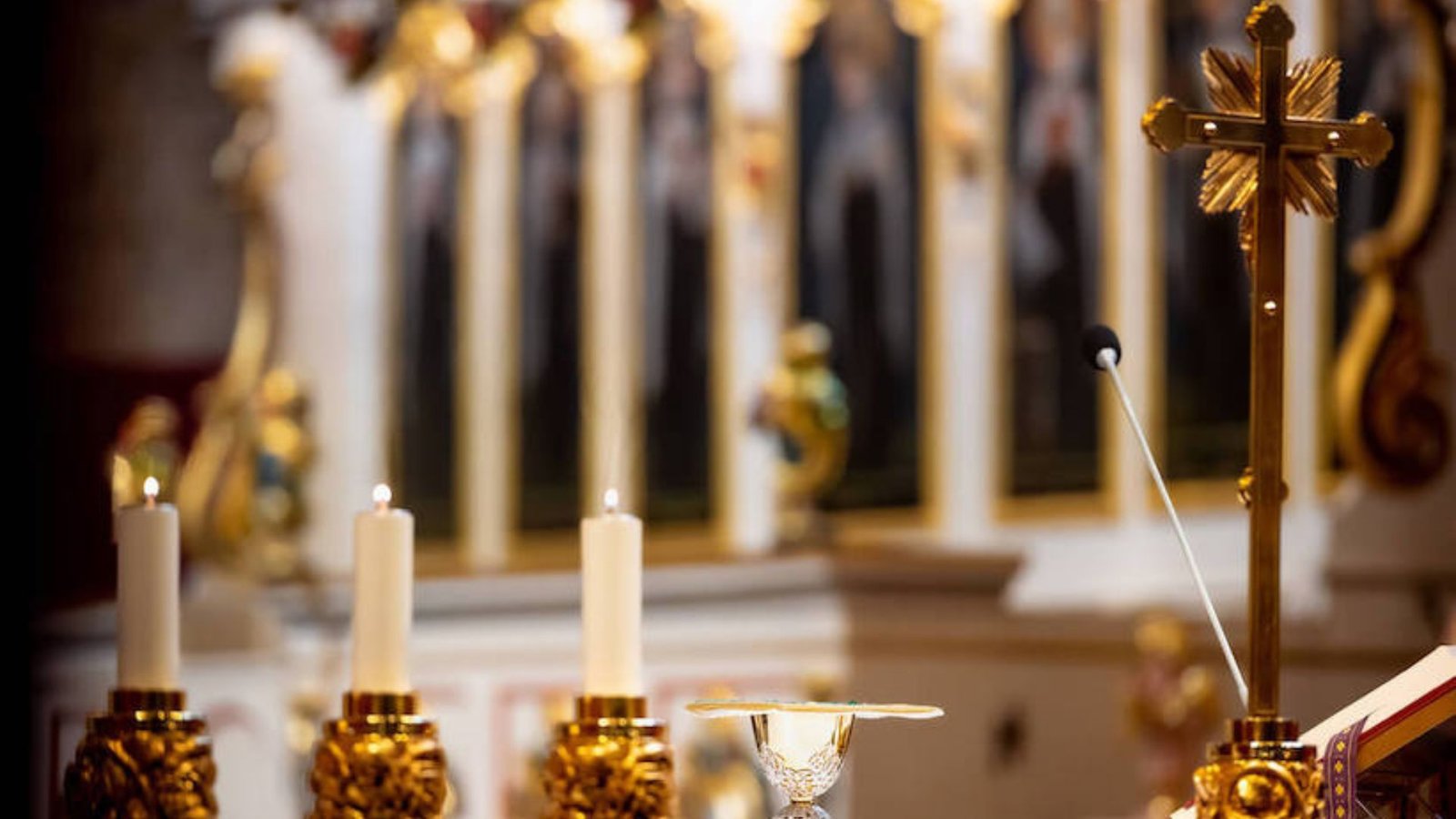Non-denominational churches play a significant role in breaking down barriers between different faiths. By focusing on core Christian teachings rather than specific denominational doctrines, these churches create spaces that encourage interfaith dialogue and mutual understanding. Their inclusive approach allows individuals from various religious backgrounds to explore and practice their faiths together, fostering unity and collaboration. In this way, non-denominational churches not only embrace diversity but also work towards bridging divides in a multicultural and multi-faith world.

Embracing Core Christian Teachings
Non-denominational churches break down barriers by emphasizing shared core Christian teachings rather than focusing on specific doctrinal differences. This approach encourages a broader and more inclusive understanding of Christianity, which resonates with people from various backgrounds. By centering their message on fundamental principles like love, grace, and forgiveness, these churches create an environment where individuals from diverse religious traditions can connect over shared values.
This emphasis on core teachings helps non-denominational churches attract individuals who may feel alienated by the rigid doctrines of traditional denominations. By focusing on the essence of Christian faith, non-denominational churches invite people to explore spirituality without the constraints of denominational boundaries. This inclusive approach allows for meaningful conversations about faith and encourages collaboration between believers of different backgrounds.
Additionally, the flexibility of non-denominational churches often means they are open to exploring various theological perspectives. This openness facilitates a richer dialogue between individuals of different faith traditions and helps to build bridges of understanding. By engaging with diverse viewpoints, non-denominational churches contribute to a more inclusive and collaborative faith community.
Fostering Interfaith Dialogue and Cooperation
Non-denominational churches actively foster interfaith dialogue and cooperation, contributing to the breakdown of barriers between different faiths. Many of these churches host interfaith events, discussions, and community service projects that bring together individuals from various religious traditions. These initiatives provide opportunities for people to learn from one another, share experiences, and work together towards common goals.
Interfaith dialogue in non-denominational churches often includes collaborative efforts on social justice issues, community outreach, and charitable activities. By working together on projects that address pressing societal needs, individuals from different faiths can build relationships and gain a deeper appreciation for one another’s beliefs. This collaborative approach not only addresses immediate community needs but also promotes long-term understanding and respect among different religious groups.
Non-denominational churches also frequently engage in educational programs that explore the diversity of religious beliefs and practices. These programs offer a platform for open discussion and learning, helping to dispel misconceptions and build mutual respect. Through these educational initiatives, non-denominational churches play a crucial role in fostering an environment where interfaith cooperation can thrive.
Creating Inclusive Spaces for Worship and Fellowship
The inclusive nature of non-denominational churches extends to their worship and fellowship practices. These churches often adopt a welcoming approach that accommodates individuals from various faith backgrounds, making them feel comfortable participating in worship services and community activities. This inclusivity is reflected in the diverse styles of worship and the emphasis on building a supportive and accepting community.
Non-denominational churches typically avoid rigid liturgical practices and instead focus on creating a space where individuals can express their faith in ways that resonate with them personally. This flexibility allows for a wide range of worship styles and practices, accommodating different preferences and fostering a sense of belonging among attendees. By creating an environment where everyone feels valued and respected, non-denominational churches contribute to breaking down barriers between faiths.
Furthermore, non-denominational churches often encourage open dialogue and exploration of spiritual questions during fellowship activities. This openness to diverse perspectives helps to build connections between individuals of different religious backgrounds and promotes a culture of mutual understanding and acceptance.
Conclusion
Non-denominational churches play a vital role in breaking down barriers between different faiths by emphasizing core Christian teachings, fostering interfaith dialogue, and creating inclusive spaces for worship and fellowship. Their approach to faith and community encourages collaboration and mutual respect among individuals from diverse religious backgrounds. Through their efforts, non-denominational churches contribute to a more unified and understanding world, where individuals can connect over shared values and work together towards common goals.











